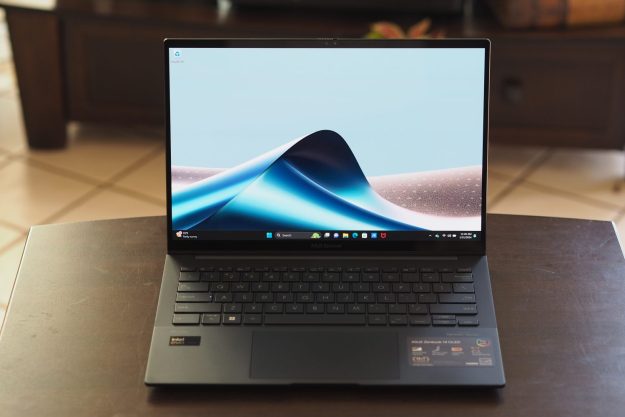While Facebook feels the pressures of its users possibly jumping off the social platform amidst the Cambridge Analytica fiasco, the company may now face additional pressures stemming from net neutrality backers. Facebook was recently fined by the Korea Communications Commission (KCC) for allegedly throttling internet speeds while negotiating network usage fees with the local internet providers.
According to the regulator, Facebook rerouted South Korean users to servers located in Hong Kong and the United States, thus slowing down their access to Facebook due to their geographic location. Many saw
Local internet service provider SK Broadband experienced 10 complaints per day over Facebook’s slow response while LG UPlus experienced an average of 34 complaints per day. But the problem isn’t on an internet service provider level: It’s an issue on
Despite the complaints from internet service providers, Facebook supposedly didn’t actively investigate the complaints, and thus its quality of service didn’t meet South Korea’s requirement of an “appropriate level.” The “slowdown” began in late 2016 and didn’t return to normal until October or November 2017 due to “controversies” stemming from the slow performance.
Now the social network faces a 396 million won fine ($369,400). Naturally, Facebook isn’t thrilled with the fee and claims that its Terms of Use policy clearly states it cannot guarantee optimal performance given the nature of a global internet. The KCC rejected
“We are disappointed with the KCC’s decision. We strive to deliver optimal performance for all our users and will continue working with Korean internet service providers toward this goal,” Facebook said.
The KCC states that more than 12 million people in South Korea now visit Facebook each day. The Commission began investigating the
Meanwhile, Facebook users in North America are vacating the social network in what’s dubbed as #deletefacebook. Aleksandr Kogan, a Russian-American psychology professor at Cambridge University, created a
The information was only supposedly to be used for academic purposes but instead, he shared the data with Cambridge Analytica. When Facebook discovered what Kogan did with this data, the social website deleted his app and demanded that he and all related parties delete the data. But President Donald Trump’s campaign reportedly paid $5 million to access that data to steer voters away from Democratic candidate Hillary Clinton.


